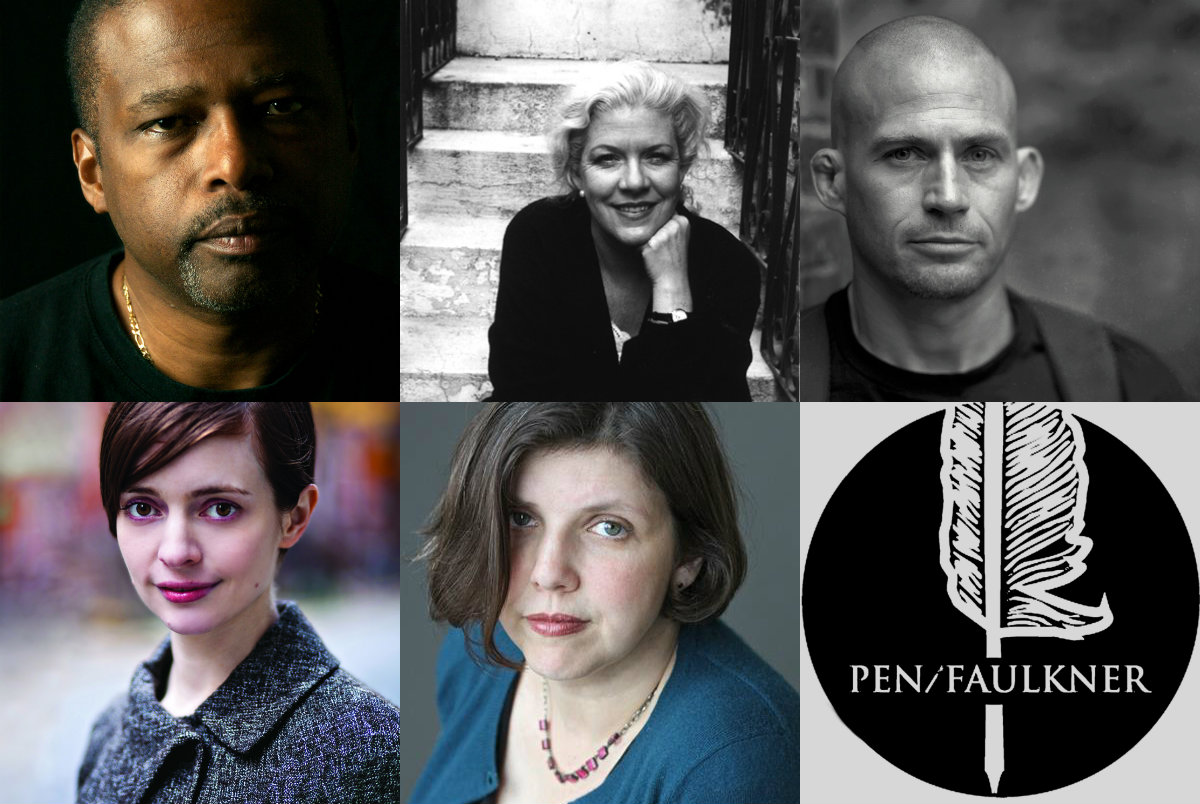Deadline Approaches for Agha Shahid Ali Poetry Prize
Submissions are currently open for University of Utah Press’s Agha Shahid Ali Poetry Prize. The annual prize, which includes $1,500 and publication by University of Utah Press, is given for a poetry collection. The winner will also receive travel and lodging expenses and an additional $500 to give a reading at the University of Utah in Salt Lake City. Linda Bierds will judge.
 Submit a manuscript of 48 to 100 pages with a $25 entry fee by April 15. Submissions can be made through Submittable, or via postal mail to University of Utah Press, c/o The Agha Shahid Ali Prize in Poetry, J. Willard Marriott Library, 295 South 1500 East, Suite 5400, Salt Lake City, UT 84112.
Submit a manuscript of 48 to 100 pages with a $25 entry fee by April 15. Submissions can be made through Submittable, or via postal mail to University of Utah Press, c/o The Agha Shahid Ali Prize in Poetry, J. Willard Marriott Library, 295 South 1500 East, Suite 5400, Salt Lake City, UT 84112.
Established in 2003, the Agha Shahid Ali Poetry Prize honors the poet Agha Shahid Ali (1949–2001). Ali taught at the University of Utah and published several poetry collections including Rooms Are Never Finished (Norton, 2001) and Call Me Ishmael Tonight: A Book of Ghazals (Norton, 2003). Recent winners of the prize include Sara Wallace for The Rival, Kara Candito for Spectator, and Mark Jay Brewin Jr. for Scrap Iron.
Judge Linda Bierds has published nine poetry collections, most recently Roget’s Illusion (Putnam, 2014). In Bierds’s 2009 interview with the Atlantic, Sarah Cohen describes the poet’s work as “distinguished by a precise and musical voice, a passionate eye for detail, and a distinctive, decades-long exploration of the lives and voices of well-known artists, scientists, and historical figures.” Bierds has judged several contests in the past; she selected Jonathan Thirkield as the winner of the 2008 Walt Whitman Poetry Award, and Anna Marie Craighead-Kintis as the winner of the 2012 Bellingham Review 49th Parallel Poetry Award.





 Pulitzer Prize–winning poet
Pulitzer Prize–winning poet  Submit a manuscript of up to 26 pages with a biography, acknowledgements page, cover letter, and $15 entry fee by March 31. Writers may submit entries through the
Submit a manuscript of up to 26 pages with a biography, acknowledgements page, cover letter, and $15 entry fee by March 31. Writers may submit entries through the 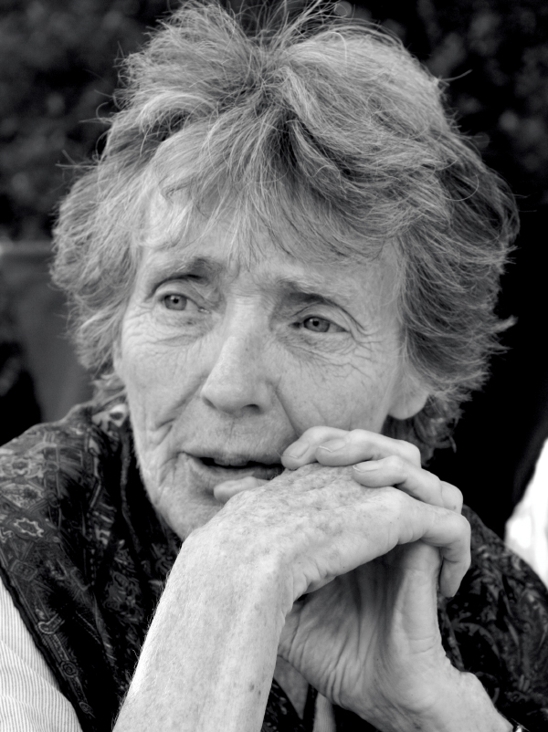 The finalists were announced yesterday at the University of Cape Town in South Africa. They are César Aira of Argentina, Hoda Barakat of Lebanon, Maryse Condé of Guadeloupe, Mia Couto of Mozambique, Amitav Ghosh of India, Fanny Howe of the United States, Ibrahim al-Koni of Libya, László Krasznahorkai of Hungary, Alain Mabanckou of the Republic of Congo, and Marlene van Niekerk of South Africa. The finalists were selected by judges Nadeem Aslam, Elleke Boehmer, Edwin Frank, Wen-chin Ouyang, and Marina Warner.
The finalists were announced yesterday at the University of Cape Town in South Africa. They are César Aira of Argentina, Hoda Barakat of Lebanon, Maryse Condé of Guadeloupe, Mia Couto of Mozambique, Amitav Ghosh of India, Fanny Howe of the United States, Ibrahim al-Koni of Libya, László Krasznahorkai of Hungary, Alain Mabanckou of the Republic of Congo, and Marlene van Niekerk of South Africa. The finalists were selected by judges Nadeem Aslam, Elleke Boehmer, Edwin Frank, Wen-chin Ouyang, and Marina Warner.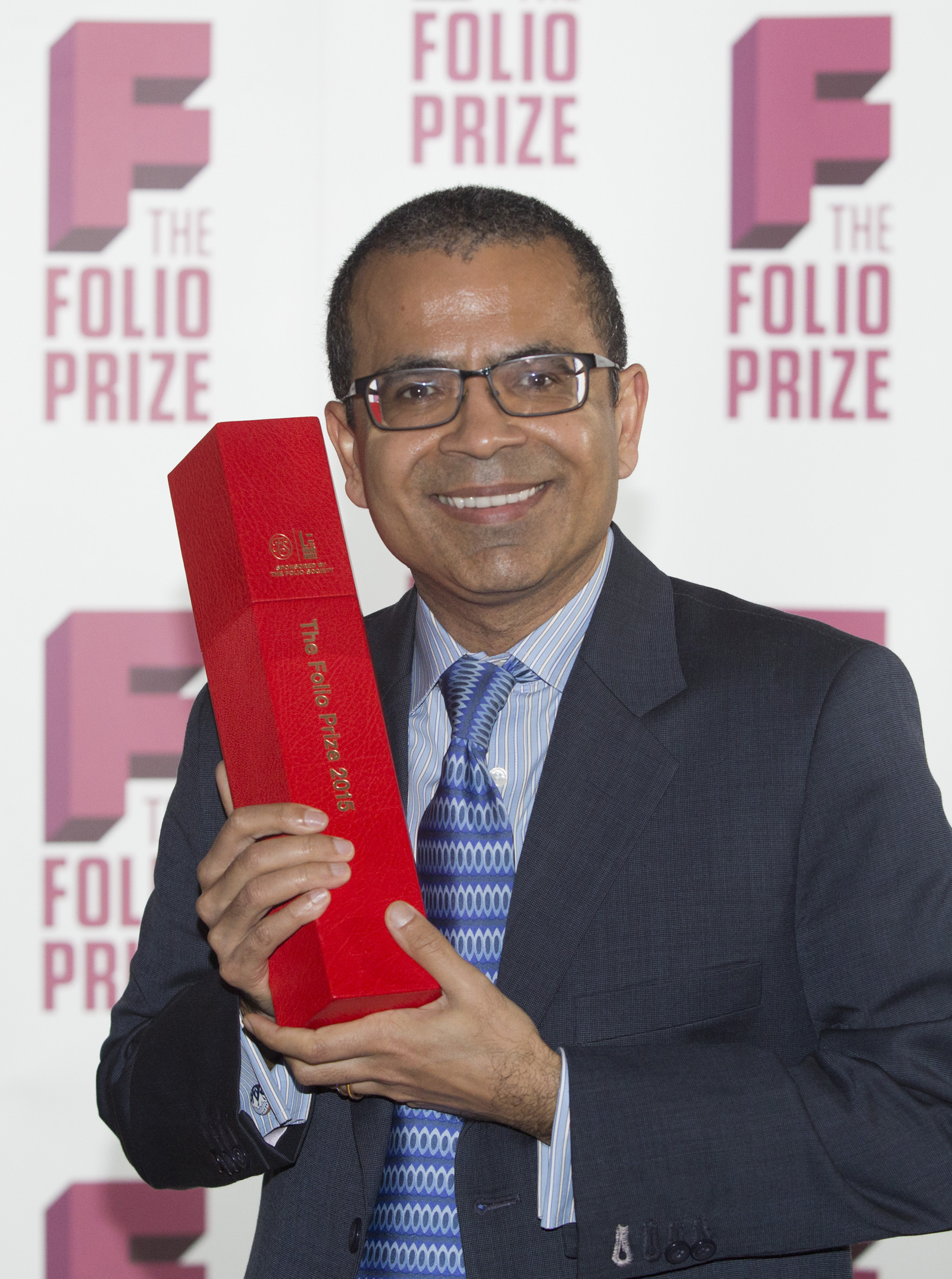 “From a shortlist of which we are enormously proud, Akhil Sharma’s lucid, compassionate, quietly funny account of one family’s life across continents and cultures, emerged as our winner,” said chair of judges William Fiennes. “Family Life is a masterful novel of distilled complexity: about catastrophe and survival; attachment and independence; the tension between selfishness and responsibility. We loved its deceptive simplicity and rare warmth. More than a decade in the writing, this is a work of art that expands with each re-reading and a novel that will endure.” The prize was judged by Fiennes, Rachel Cooke, Mohsin Hamid, A. M. Homes, and Deborah Levy.
“From a shortlist of which we are enormously proud, Akhil Sharma’s lucid, compassionate, quietly funny account of one family’s life across continents and cultures, emerged as our winner,” said chair of judges William Fiennes. “Family Life is a masterful novel of distilled complexity: about catastrophe and survival; attachment and independence; the tension between selfishness and responsibility. We loved its deceptive simplicity and rare warmth. More than a decade in the writing, this is a work of art that expands with each re-reading and a novel that will endure.” The prize was judged by Fiennes, Rachel Cooke, Mohsin Hamid, A. M. Homes, and Deborah Levy.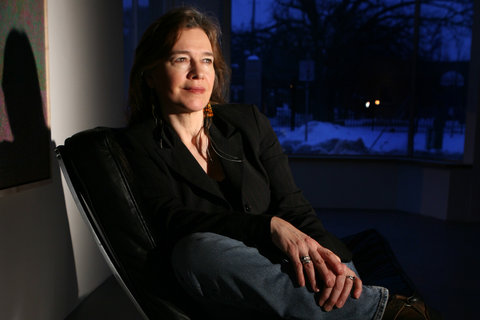 Erdrich, 60, is the author of fourteen novels, including Love Medicine (HarperCollins, 1984), The Last Report on the Miracles at Little No Horse (HarperCollins, 2001), The Plague of Doves (HarperCollins, 2009), and, most recently, The Round House (HarperCollins 2013),
Erdrich, 60, is the author of fourteen novels, including Love Medicine (HarperCollins, 1984), The Last Report on the Miracles at Little No Horse (HarperCollins, 2001), The Plague of Doves (HarperCollins, 2009), and, most recently, The Round House (HarperCollins 2013), 
 The editors selected Swanson’s book from more than 1,500 submissions. “Tegan’s novel is organized as a series of artifacts,” says Black Balloon associate editor Julie Buntin. “Reading Things We Found When the Water Went Down is a process of discovery, of excavation, and it’s precisely this narrative ambition that makes the book such a perfect fit for this prize. I had the sense while turning the pages that I was in the presence of something new.”
The editors selected Swanson’s book from more than 1,500 submissions. “Tegan’s novel is organized as a series of artifacts,” says Black Balloon associate editor Julie Buntin. “Reading Things We Found When the Water Went Down is a process of discovery, of excavation, and it’s precisely this narrative ambition that makes the book such a perfect fit for this prize. I had the sense while turning the pages that I was in the presence of something new.”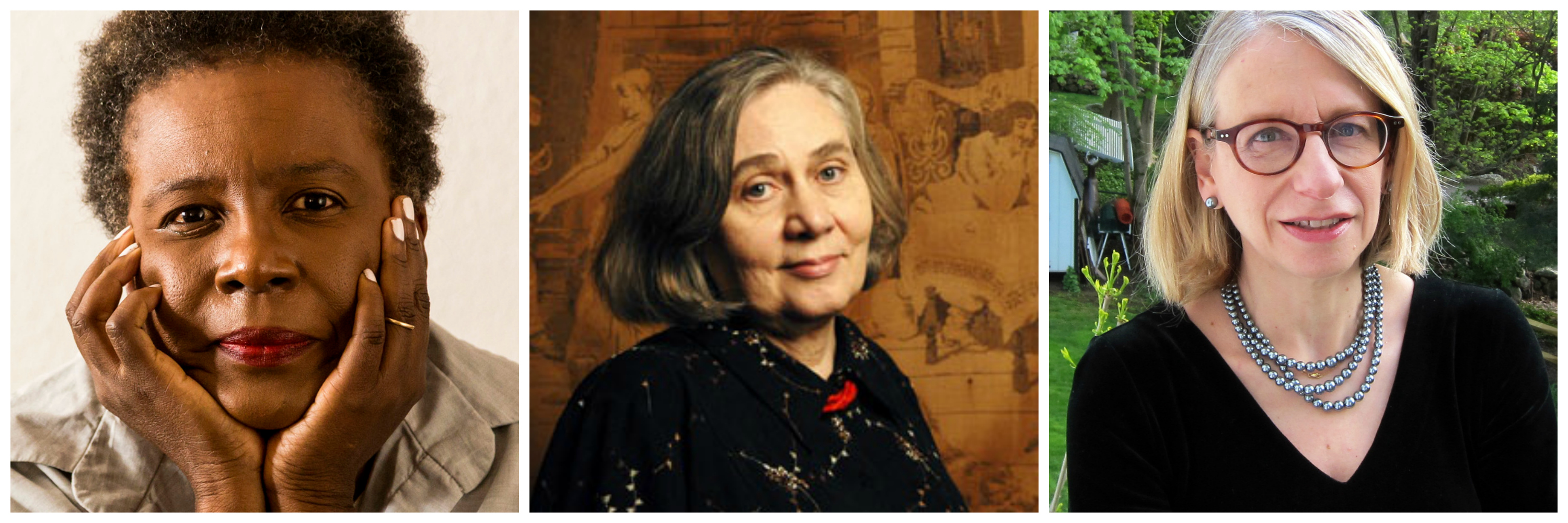 John Lahr won in biography for Tennessee Williams: Mad Pilgrimage of the Flesh (Norton); David Brion Davis won in general nonfiction for The Problem of Slavery In the Age of Emancipation (Knopf); and the criticism prize was awarded posthumously to Ellen Willis for The Essential Ellen Willis (University of Minnesota Press), edited by Willis’s daughter, Nona Willis Aronowitz. Phil Klay won the John Leonard Prize for his National Book Award–winning short story collection, Redeployment (Penguin Press); the John Leonard Prize recognizes an outstanding first book in any genre. Alexandra Schwartz, an assistant editor at the New Yorker, won the Nona Balakian Citation for Excellence in Reviewing. Nobel laureate Toni Morrison received the Ivan Sandrof Lifetime Achievement Award.
John Lahr won in biography for Tennessee Williams: Mad Pilgrimage of the Flesh (Norton); David Brion Davis won in general nonfiction for The Problem of Slavery In the Age of Emancipation (Knopf); and the criticism prize was awarded posthumously to Ellen Willis for The Essential Ellen Willis (University of Minnesota Press), edited by Willis’s daughter, Nona Willis Aronowitz. Phil Klay won the John Leonard Prize for his National Book Award–winning short story collection, Redeployment (Penguin Press); the John Leonard Prize recognizes an outstanding first book in any genre. Alexandra Schwartz, an assistant editor at the New Yorker, won the Nona Balakian Citation for Excellence in Reviewing. Nobel laureate Toni Morrison received the Ivan Sandrof Lifetime Achievement Award.